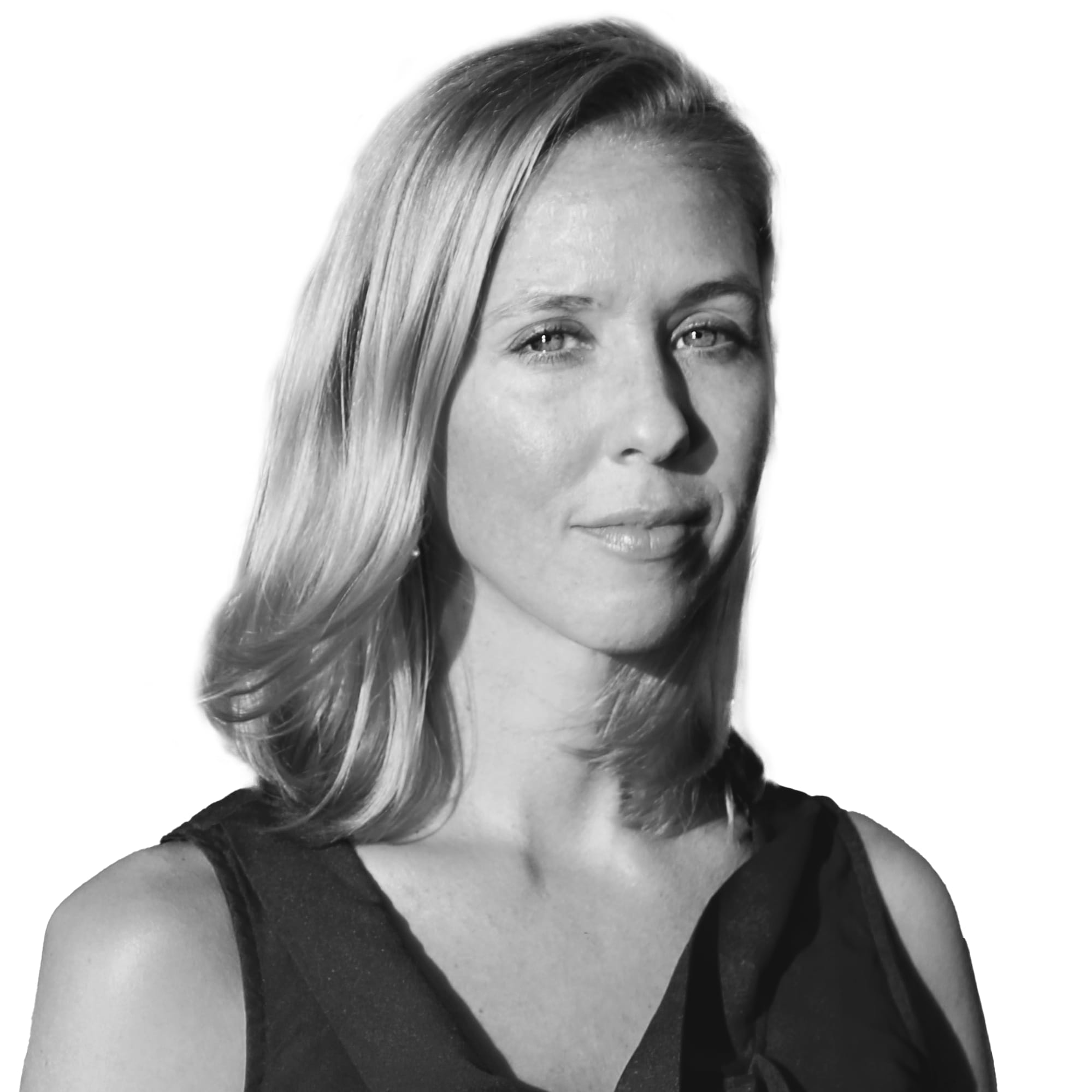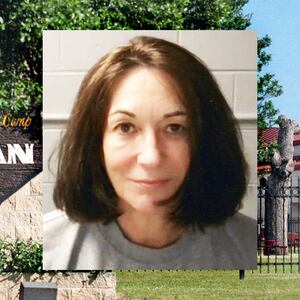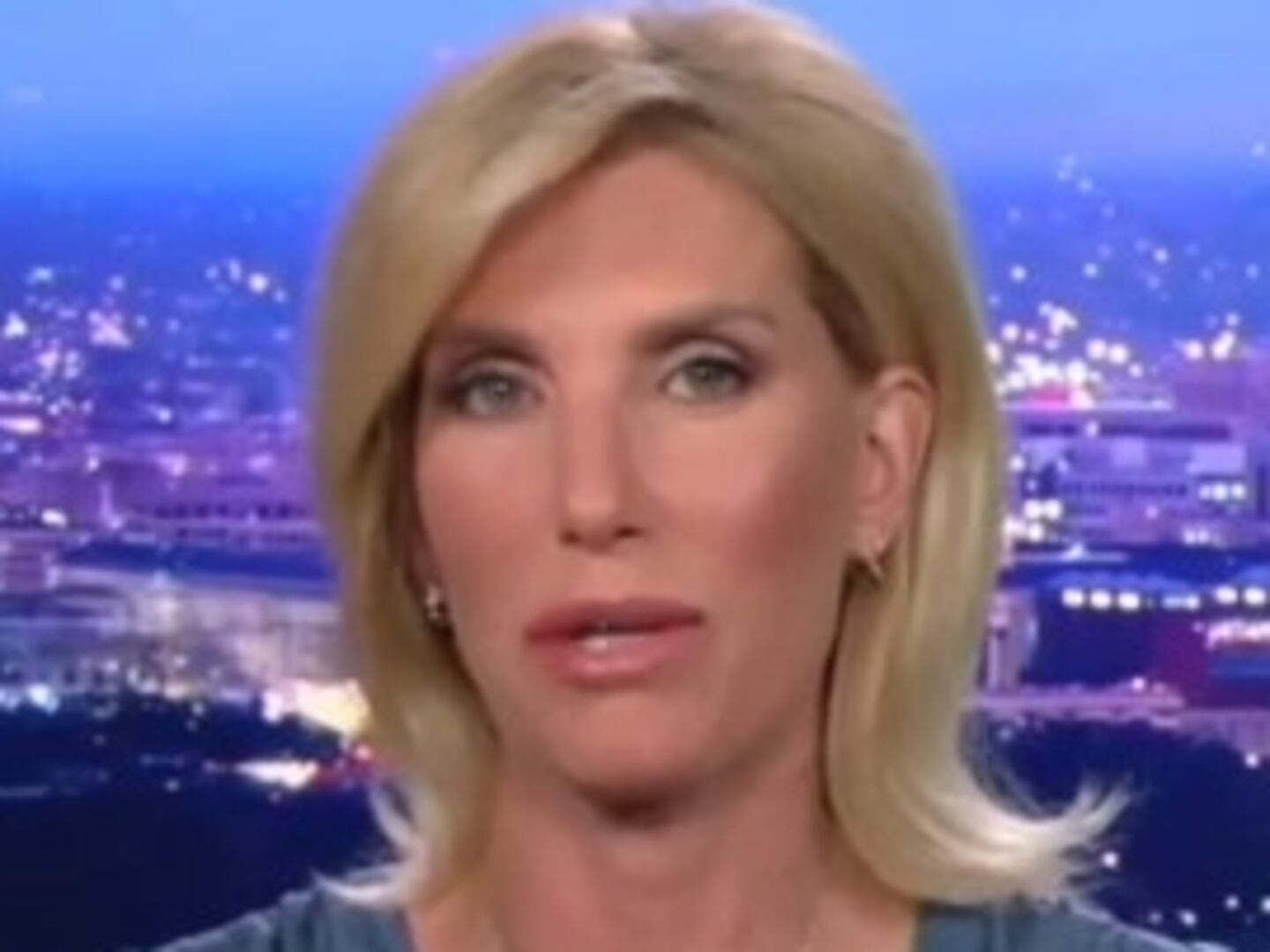An attorney for convicted sex trafficker Ghislaine Maxwell told a CNN panel that defendants like his client who cooperate with the government typically do so in order to get something in return.
During an appearance Monday on CNN NewsNight, attorney Arthur Aidala told host Abby Phillip that he didn’t know the details of Maxwell’s transfer to a lower-security prison after she met with Deputy Attorney General Todd Blanche in July.
But asked why Maxwell was moved to a “cushier prison” following the two-day interview, Aidala said he could “talk in generalities.”
ADVERTISEMENT

“When anybody who’s represented by a lawyer who knows what they’re doing goes in and meets with the government, there’s always a quid pro quo,” he said. “You don’t just take your client in and say, ‘Let me talk to you about something.’ They wanted information from—hypothetically, anytime the government wants information from a citizen, the citizen says, ‘Well, I have a right to remain silent. If you want me to give up that right, I need something in return.’”
Usually, the exchange results in a plea bargain, he continued, before interrupting himself to ask another panelist, former Biden adviser Neera Tanden, why she was laughing.
“You just admitted to a quid pro quo with the Trump administration!” Tanden replied.
“But that’s how the whole system works!” Aidala said.

Maxwell is serving a 20-year prison sentence for helping lure, manipulate, and groom young girls for the disgraced financier Jeffrey Epstein, who died in prison in 2019 while awaiting trial on sex trafficking charges.
In a 2022 sentencing memo, President Joe Biden’s Department of Justice concluded that Maxwell was unreliable and unremorseful, writing that she “apparently decides when she wishes to disclose facts to the Court, and those facts shift when it serves the defendant’s interests.”
“If anything stands out from the defendant’s sentencing submission, it is her complete failure to address her offense conduct and her utter lack of remorse,” the memo said, noting that Maxwell had also participated in sexually abusing her victims.
Despite her credibility issues, DOJ officials interviewed her over the summer as demands for new information in the Epstein case reached a fever pitch among Trump’s MAGA base.
During nine hours of questioning with Blanche—who is also President Donald Trump’s former criminal defense attorney—Maxwell said she had never witnessed Trump behave inappropriately. She was then moved from the low-security Federal Correctional Institute Tallahassee in Florida to the minimum-security Federal Prison Camp Bryan in Texas.
The new prison is a dorm-style facility featuring a study, game room, and arts and crafts classes. Inmates can also take technical courses and are allowed video calls with family.
The move required the Federal Bureau of Prisons to waive its policy that convicted sex offenders must be held at least at a low-level prison, according to NBC News.
Aidala told the Daily Beast on Tuesday that he never said there was a quid pro quo in Maxwell’s case—just that the entire U.S. justice system would collapse without plea bargains and other forms of quid pro quo.
“She’s not a lawyer and doesn’t know what she’s talking about,” he said of Tanden, who has a law degree from Yale Law School.
He also said he has made a point of not discussing Maxwell’s DOJ interview with either his client or with David O. Markus, the attorney who represented her during the meeting, because he didn’t want to know the details. He’s focused instead on her appellate process and post-trial motions.
“Sometimes knowledge is power, and sometimes ignorance is bliss,” he said.
In a statement to the Daily Beast, Markus confirmed that Aidala had “no involvement” in the DOJ meeting.
“There was absolutely no quid pro quo, and any suggestion otherwise is off the wall,” he added.
During Monday’s CNN segment, Phillip asked Aidala exactly how a quid pro quo would have played out, and whether the offer to change prisons would have come before or after Maxwell’s interview.
Aidala said he didn’t know the answer to that question because he hadn’t personally accompanied Maxwell to her meeting with Blanche.
But usually, he asks for assurances ahead of time that the client will get something in return, he added.
“Before I go in and meet a prosecutor with my client, I say, ‘Fine, she’ll come in and tell you Van also was involved,’” he said, pulling fellow panelist Van Jones into his hypothetical. “‘But before she points the finger at Van, I want some assurance from you that she’s going to get a benefit.’”
The Daily Beast has also reached out to Tanden and the DOJ for comment.






